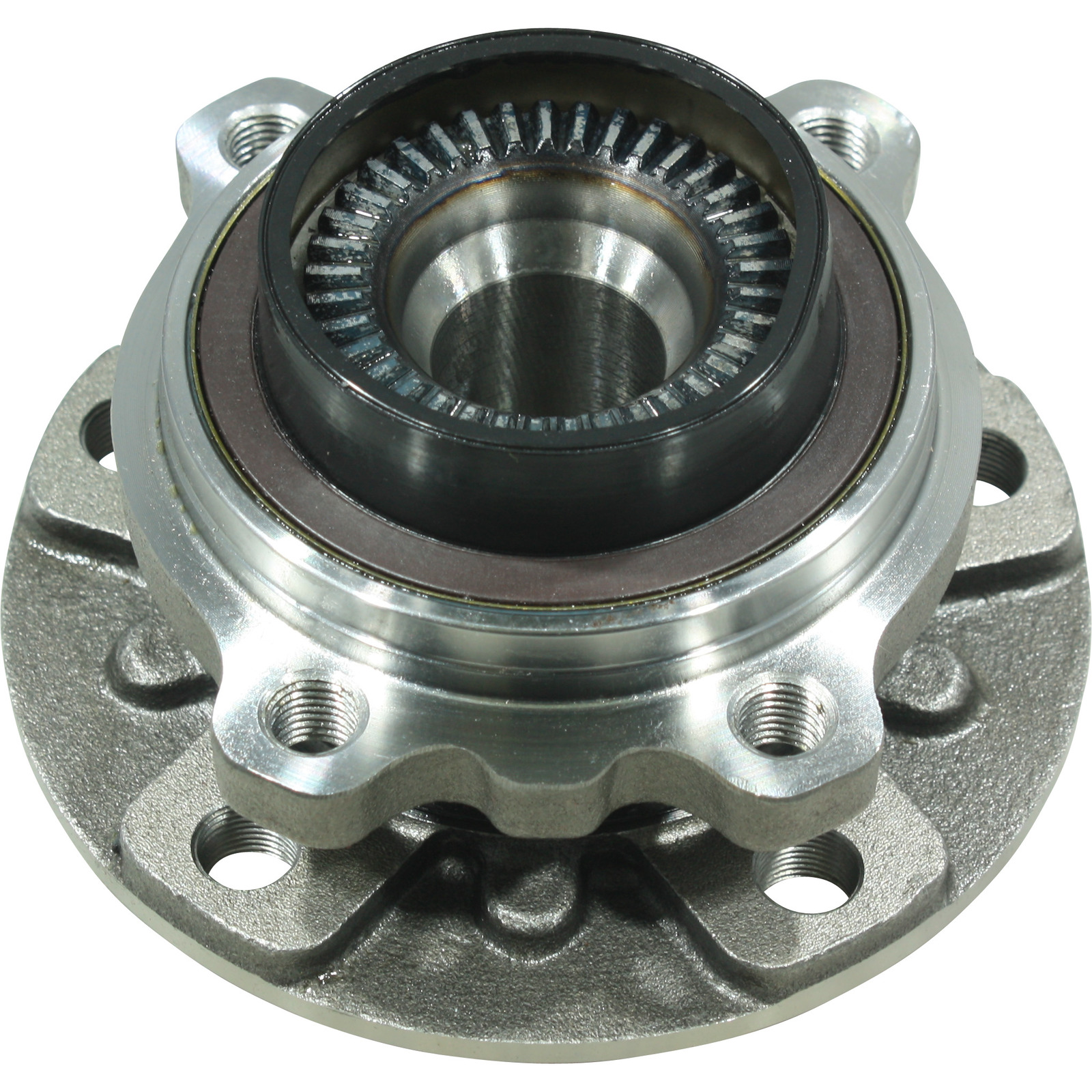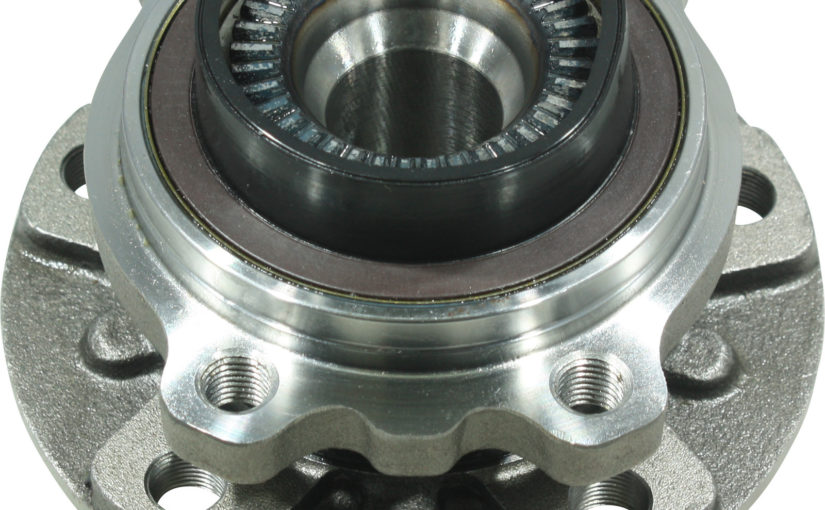
The wheels of your car have wheel bearings to help them reduce friction and ensure smooth rotations. Each vehicle has different types of bearings, but their function is the same. All wheel bearings try to ensure that smooth wheel rotations take place. When you have smooth wheel rotations, your driving experience is much more comfortable, and there is less impact on the vehicle itself.
The wheel bearing fits perfectly into its wheel hub. That is how it can spin the wheel so flawlessly. However, the wheel bearings do not stay strong forever. As time goes on, they will diminish in strength and eventually become too weak to function normally. The more a wheel bearing diminishes in strength, the more noise it will create. Then you’ll have no choice but to replace the wheel bearing.
Main Causes of a Bad Wheel Bearing
The two things that can damage a wheel bearing are heat and water. A normal wheel bearing has a seal to prevent water and heat from getting through. But as time goes on, the seal starts to deteriorate and allow more water, debris and heat to pass into it. This is how a bearing malfunctions and generates noises.
Tips to Diagnose Wheel Bearing Noise
To diagnose the problem, you need to wait until the noises are present. It may take a couple of weeks after the wheel bearing starts to deteriorate before you hear the noises. You need to listen carefully for the noises as you’re driving your vehicle. It will be a noise that gets loud and then silent at various speeds.
When you suspect that you have a wheel bearing issue because of these noises, you need to lift your car and have someone else run the vehicle. Do you hear noises coming from any of the wheels? You should be able to spot the wheel bearing that is making the noises.
Alternatively, you can try a more dangerous method which is recommended for professionals only. It is where you accelerate your vehicle to 50 mph on the road and then sway right and left continuously at a slow pace. If you hear a rhythmic sound that shifts as you sway back and forth, then it is a wheel bearing problem.
You can learn more about wheel bearings and another vehicle parts on recomended automotive site. Here are the list automotive site you can visit and read:
